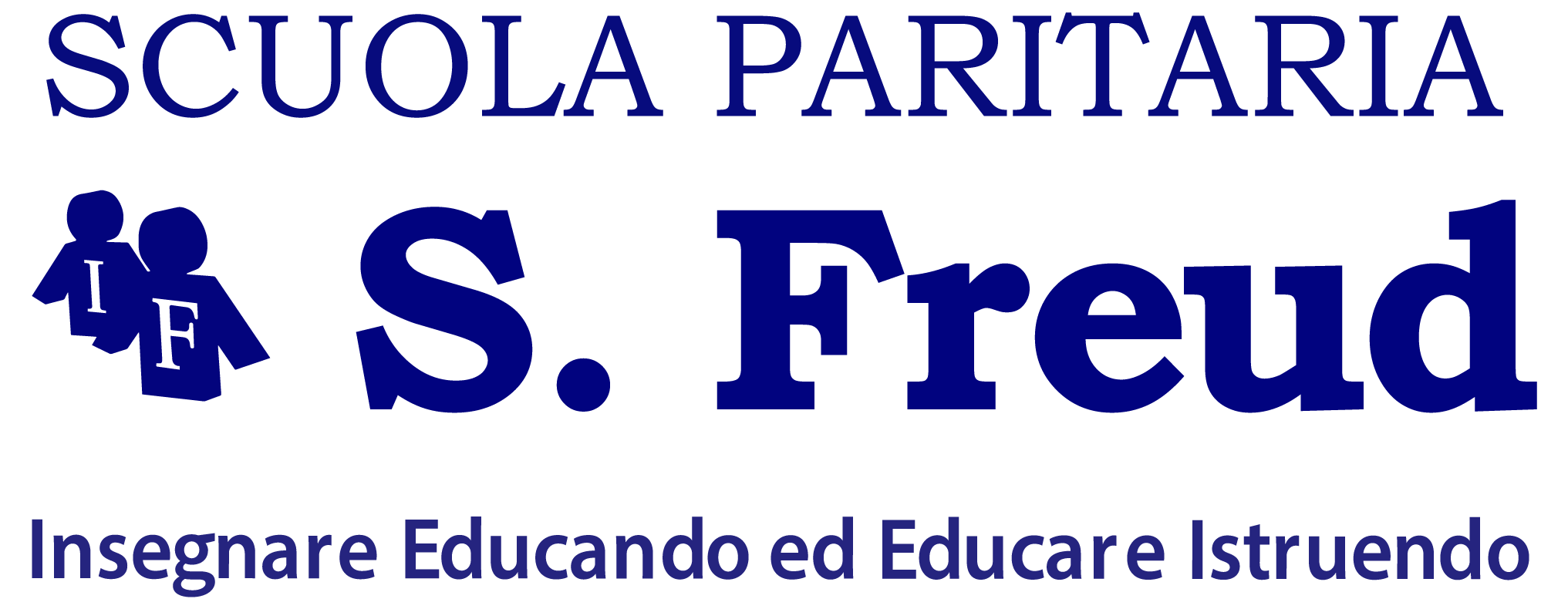14 marzo 2025
Dr. Daniele Nappo, Legal Representative as well as Founder of S. Freud Private School, draws attention to how social media has enhanced communication but at the same time has created emotional isolation by fueling growing competitiveness and increased stress, anxiety and dissatisfaction in young people.
Student fragility is a complex issue. Although each generation has faced its own challenges, some aspects of life among peers can lead to more highlighted emotional and psychological fragility than in the past. It is important to distinguish between fragility as vulnerability and fragility as a growth advantage. Girls and boys today grow up in a highly competitive condition, especially on social media where self-image is exposed and measured. The desire to appear “perfect” can generate stress, anxiety and dissatisfaction, fueling a sense of emotional fragility. Mental health has become a central issue in society. Young people seem to face an increasing incidence of disorders such as restlessness, depression and loneliness in part due to challenges related to economic uncertainty, social changes and relationship difficulties.This can make adolescents feel more vulnerable. The current socioeconomic landscape, marked by job insecurity, global challenges such as climate change and political crises, fuels a sense of uncertainty and frustration among students who feel powerless to shape the future. Although social media has enhanced communication, it can create emotional isolation. Online connections, while numerous, cannot always replace authentic ones, leading to a sense of loneliness and problematic relationships. However, fragility is not necessarily a sign of weakness. In many cases it can represent a sensitivity that, if properly channeled, becomes a resource for deeper emotional growth. Third Millennium teens are more aware of their weakness and, in many cases, more likely to seek help or confront their emotions. Many teens demonstrate great resilience, adaptability and a desire for change. Although they may view themselves as more fragile in some respects, this insecurity could be a form of awareness, a boon to rethinking traditional models of strength and success. These weaknesses could hide incredible potential to adapt to a changing world.


